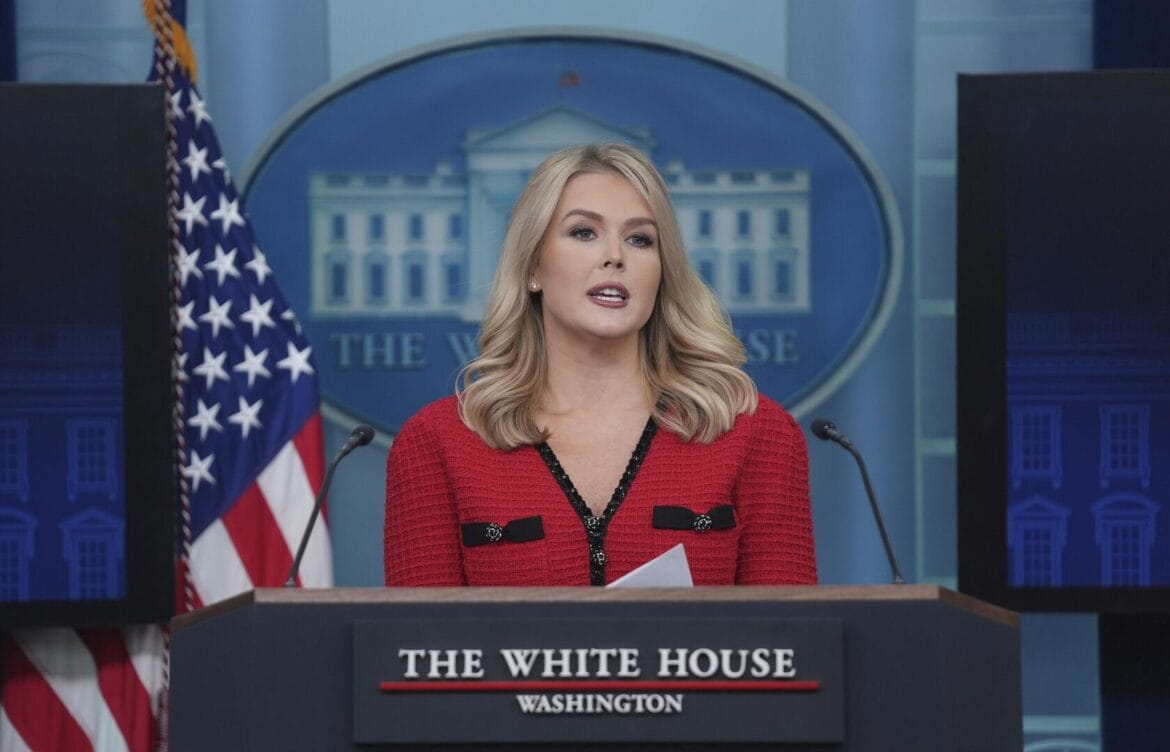
No Unilateral Tariff Cuts – A Strategic Signal from Washington
In a recent press briefing, White House Press Secretary Karoline Leavitt made it crystal clear: the United States will not unilaterally lower tariffs on Chinese imports. Her statement—”President Trump has made it clear that the Chinese Communist Party must reach a deal with the United States”—sent a strong message to both domestic and international audiences: this administration is not backing down without concessions.
This approach marks a continuation of Trump-era trade philosophy: tariffs as leverage. While Treasury Secretary Bessent has hinted that current tariff levels may be unsustainable and that a “de-escalation” is possible, the White House insists that any movement must be mutual. No free passes.
The implications are twofold. First, for global markets and trade partners, the message is that the U.S. will only consider trade normalization under favorable terms. Second, for China, it sets the tone for future negotiations—Washington is ready, but only if Beijing is too.
In the broader picture, this statement can be seen as both a negotiation tactic and a political positioning strategy ahead of potential post-election trade talks. It underscores a clear reality: tariffs remain a core bargaining chip in U.S.–China relations, and neither side is likely to fold first.
As the world watches, businesses involved in cross-Pacific trade must brace for continued uncertainty—and plan accordingly.
